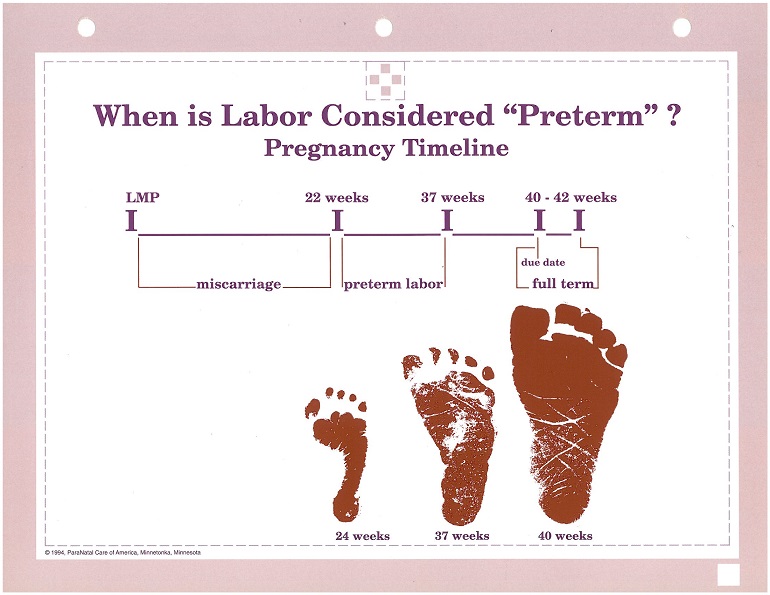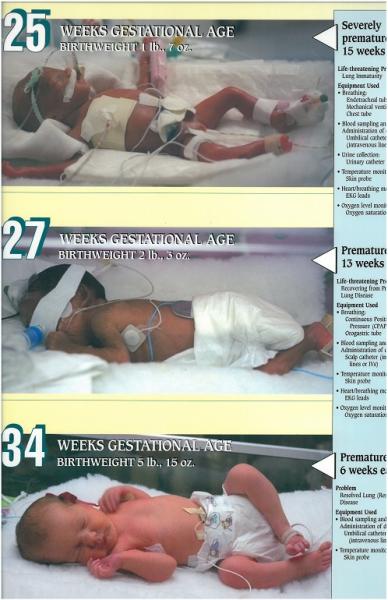Coming Home with Empty Arms
 In the beginning of my service term at Healthy Start, I was looking through the curriculum we give to pregnant moms to support them through their pregnancy – worksheets for stress relief and deep breathing, pages of information about leg cramps and breast enlargement, fill-in-the-blank birth plans, swaddling tips, and more. I was excited for the moms who would be reading this curriculum, for the changes and decisions and new lives they were creating. But then I came to a page titled “Coping with a Premature Birth.” Its decorative border was a somber blue unlike the bright, giddy illustrations on the other pages in the book.
In the beginning of my service term at Healthy Start, I was looking through the curriculum we give to pregnant moms to support them through their pregnancy – worksheets for stress relief and deep breathing, pages of information about leg cramps and breast enlargement, fill-in-the-blank birth plans, swaddling tips, and more. I was excited for the moms who would be reading this curriculum, for the changes and decisions and new lives they were creating. But then I came to a page titled “Coping with a Premature Birth.” Its decorative border was a somber blue unlike the bright, giddy illustrations on the other pages in the book.
I thought of a little girl in my life back home, once a tiny preemie who I watched my grandmother hold in the palm of her hand, and now a rambunctious preschooler, a handful in a whole different way. She had been so small and underdeveloped that we were all worried about her for many months after she was born. But I realized, staring at this curriculum, that I had never given a second’s thought to how the premature birth of this little girl might have affected her mother. I read this simple and sad advice in the handout over and over: “Grieve coming home with empty arms.”

This small piece of prenatal curriculum had conveyed to me in a moment the depth of the tragedy of a premature birth in a way I had never felt before. Moms whose babies are born premature don’t get to joyfully bring their baby home after it is born. They must leave their baby at the hospital, where someone else – a professional, but a stranger – cares for them. These mothers need not only to heal, but to grieve. Their un-nursed breasts ache. Their baby has been born with medical and developmental problems that will likely remain for a long time, and their baby’s future is uncertain. And the baby, who knows his or her mother’s voice from pregnancy and craves her touch, is not at home with her, but in the NICU, in a mysterious plastic tub, surrounded by tubes and tethers and tests.
November is Prematurity Awareness Month, and here in Nassau County, we rank in the bottom 50% for incidence of preterm births, and the statistics are getting worse, not better, every year. Most troubling is the fact that there exists an alarming disparity in preterm births by race – for white women prematurity recently represented 13.7% of births, but 23.1% of births for black women in the same year. During this Prematurity Awareness Month and every other month of the year, the Healthy Start staff will be working to stop the statistics and give every baby in this community a healthy, full-term, fully-developed start in life, and I’m so proud to be a part of this amazing team working on such an important issue
In my day-to-day at Healthy Start, I serve to prevent prematurity by educating moms-to-be on the things that can cause it. For moms whose smoking habit can induce preterm birth, I offer smoking cessation resources. For moms whose BMI is so low that the baby is in danger of being born preterm, I offer nutrition counseling. For moms in their first pregnancy, I educate early and often on the signs and symptoms of preterm labor so that they can recognize when it’s happening and stop it in time. With the education I am providing through Healthy Start, women are inspired and enabled to know the facts or make a change that will prevent prematurity and allow her to come home from the hospital with a happy, healthy baby in her arms.

This post was written by NFHC member Hillary Tully.
Hillary Serves at FDOH in Nassau County as a Healthy Start Care Coordinator.